Aztec Snake Drawing
Aztec Snake Drawing - The properties of liquid are challenging to emulate in physical sculpture, thus aztec sculptors adopted the snake as blood's symbol due to its movement, which resembles that of streaming liquid. Web in aztec culture, depictions of quetzalcoatl were fully anthropomorphic. Web below, we will explore some of the most famous examples of aztec art across painting, sculpture, drawing, and carving. Easy to follow directions, using right brain drawing techniques, showing how to draw a double headed aztec serpent. The aztecs’ sculpture the aztecs’ sculptures are the best surviving art form from the society that sheds light on the lifestyle and religious beliefs that led them. The sculpture is at the british museum. One of the most important aspects of aztec drawing was the warrior drawings and drawings about battles. Web the snake was a potent image in aztec art as the creature, able to shed its skin, represented regeneration and was also particularly associated with the god quetzalcoatl. Monumental snake heads, probably representing different species—with open fanged mouths and forked tongues—flank braziers and stairways leading to the sanctuaries. It is a snake with two heads composed of mostly turquoise pieces applied to a wooden base. Representations of a feathered snake occur as early as the teotihuacán civilization (3rd to 8th century ce) on the Web aztecs may have seen the snake's shedding of its skin as a metaphor for the cyclical nature of life, death, and rebirth. Gold, in aztec belief, was. Monumental snake heads, probably representing different species—with open fanged mouths and forked tongues—flank. Web in aztec culture, depictions of quetzalcoatl were fully anthropomorphic. The spanish friar bernardino de sahagún, writing in the sixteenth century, describes a mask like this one. The metropolitan museum of art. The properties of liquid are challenging to emulate in physical sculpture, thus aztec sculptors adopted the snake as blood's symbol due to its movement, which resembles that of. Web the serpents which appear to be crawling from her severed head and arms represent blood; Web in an example of a feathered serpent sculture at the metropolitan museum of art, one can see the symbol for mats covering the eyes of the reptile. Web below, we will explore some of the most famous examples of aztec art across painting,. Web below, we will explore some of the most famous examples of aztec art across painting, sculpture, drawing, and carving. Monumental snake heads, probably representing different species—with open fanged mouths and forked tongues—flank braziers and stairways leading to the sanctuaries. It exhibits all the elements characteristic of xiuhcoatl, the fire serpent, with the head of a serpent, short legs finishing. 4.3k views 5 years ago world art. Gold, in aztec belief, was. Representations of a feathered snake occur as early as the teotihuacán civilization (3rd to 8th century ce) on the The metropolitan museum of art. Web aztecs may have seen the snake's shedding of its skin as a metaphor for the cyclical nature of life, death, and rebirth. It came from aztec mexico and might have been worn or displayed in religious ceremonies. From great stone monoliths to jewelry, serpent imagery is seen continuously in aztec art. Gold, in aztec belief, was. Drawing aztec civilization relief from temple in mexico. The metropolitan museum of art. It exhibits all the elements characteristic of xiuhcoatl, the fire serpent, with the head of a serpent, short legs finishing in claws and a curved snout. It came from aztec mexico and might have been worn or displayed in religious ceremonies. The best selection of royalty free aztec snake vector art, graphics and stock illustrations. Monumental snake heads, probably representing. The metropolitan museum of art. It came from aztec mexico and might have been worn or displayed in religious ceremonies. Web below, we will explore some of the most famous examples of aztec art across painting, sculpture, drawing, and carving. For the aztecs, the snake was representative of the opposing and complementary elements that. Part of the permanent collection of. Interpretations vision serpent depicted on lintel 15 from yaxchilan Web aztecs may have seen the snake's shedding of its skin as a metaphor for the cyclical nature of life, death, and rebirth. For the aztecs, the snake was representative of the opposing and complementary elements that. The spanish friar bernardino de sahagún, writing in the sixteenth century, describes a mask. Interpretations vision serpent depicted on lintel 15 from yaxchilan The spanish friar bernardino de sahagún, writing in the sixteenth century, describes a mask like this one. Web quetzalcóatl, (from nahuatl quetzalli, “tail feather of the quetzal bird [pharomachrus mocinno],” and coatl, “snake”), the feathered serpent, one of the major deities of the ancient mexican pantheon. Web they are molded from. It is currently located in the national museum of anthropology in mexico city. The mosaic is made of pieces of turquoise, spiny oyster shell and conch shell. Web at the main temple in the aztec imperial capital tenochtitlan, serpent depictions proliferate: Web they are molded from a mixture of beeswax and pine resin; Web the aztecs held great significance in the different layers of the cosmos and their union, so snakes representation of this was highly regarded. The spanish friar bernardino de sahagún, writing in the sixteenth century, describes a mask like this one. Web serpent labret with articulated tongue. Easy to follow directions, using right brain drawing techniques, showing how to draw a double headed aztec serpent. Web thus, the aztec drawing showing a snake on the top of the lower half of human body represents the phrase “place of little snakes” in the aztec language. For the aztecs, the snake was representative of the opposing and complementary elements that. Representations of a feathered snake occur as early as the teotihuacán civilization (3rd to 8th century ce) on the Strombus (conch) shell was used for the white teeth. Part of the permanent collection of the metropolitan museum of art, the coiled serpent is a sculpture from ancient mexico that depicts a serpent or snake. Gold, in aztec belief, was. Drawing aztec civilization relief from temple in mexico. From great stone monoliths to jewelry, serpent imagery is seen continuously in aztec art.
quetzalcoatl aztec god 3937190 Vector Art at Vecteezy

Quetzalcoatl Mythology of the Aztec Feathered Serpent God Mayan art

Quetzalcoatl, Aztec Feathered Serpent by Photo Researchers Aztec art

Quetzalcoatl, a serpente emplumada Mayan Tattoos, Mexican Art Tattoos
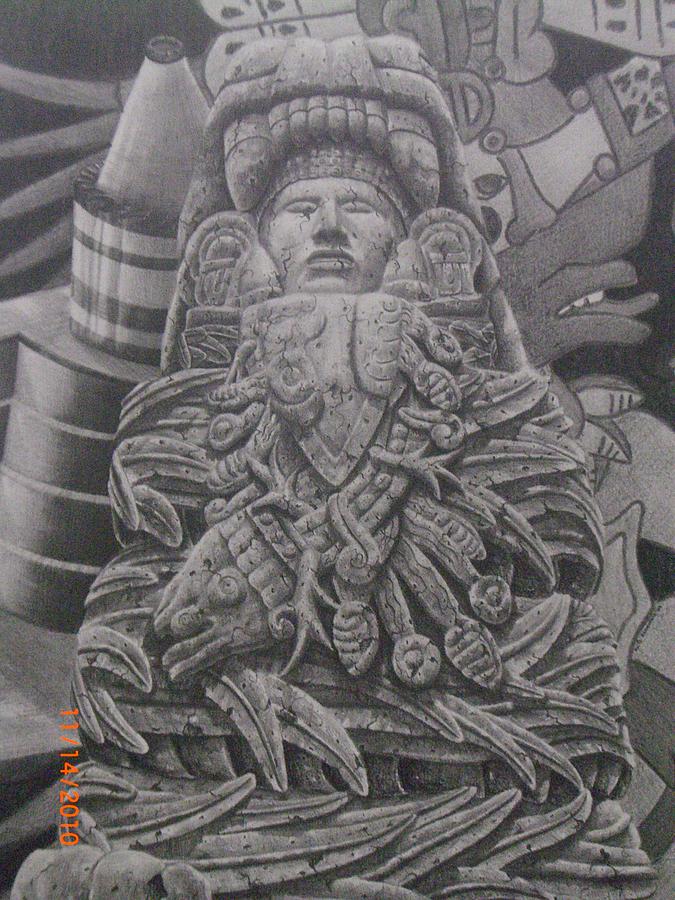
Aztec Quetzalcoatl Feathered Serpent
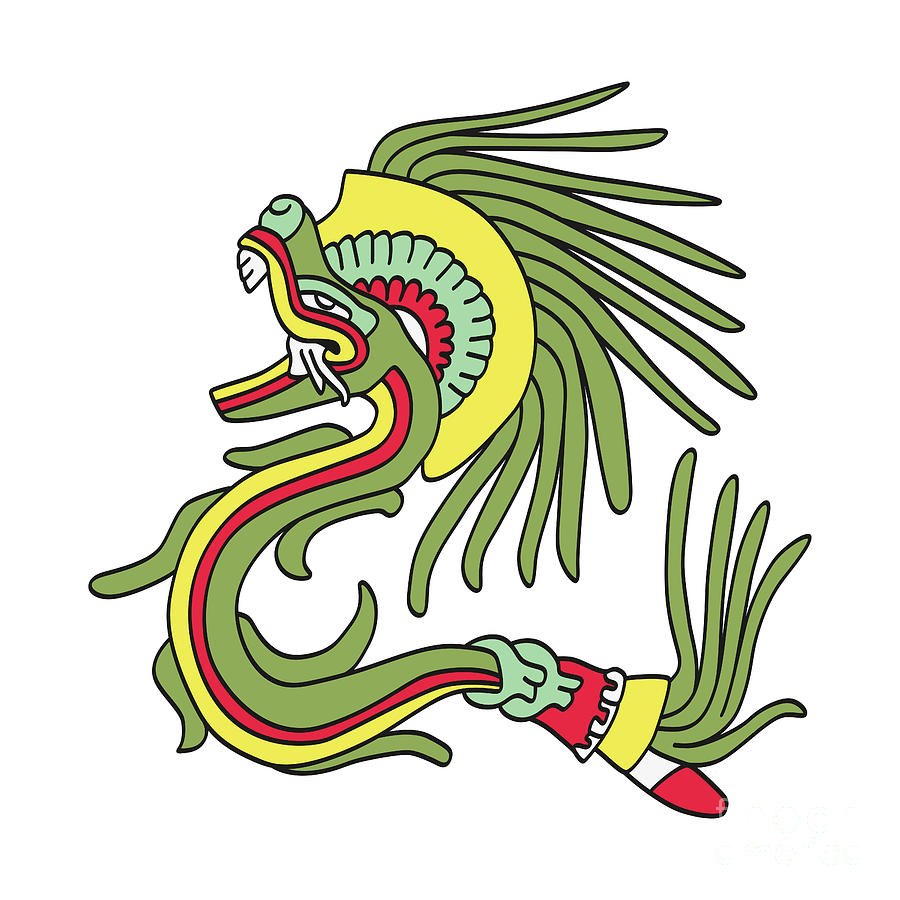
Quetzalcoatl, the feathered serpent, an Aztec god of the Venus
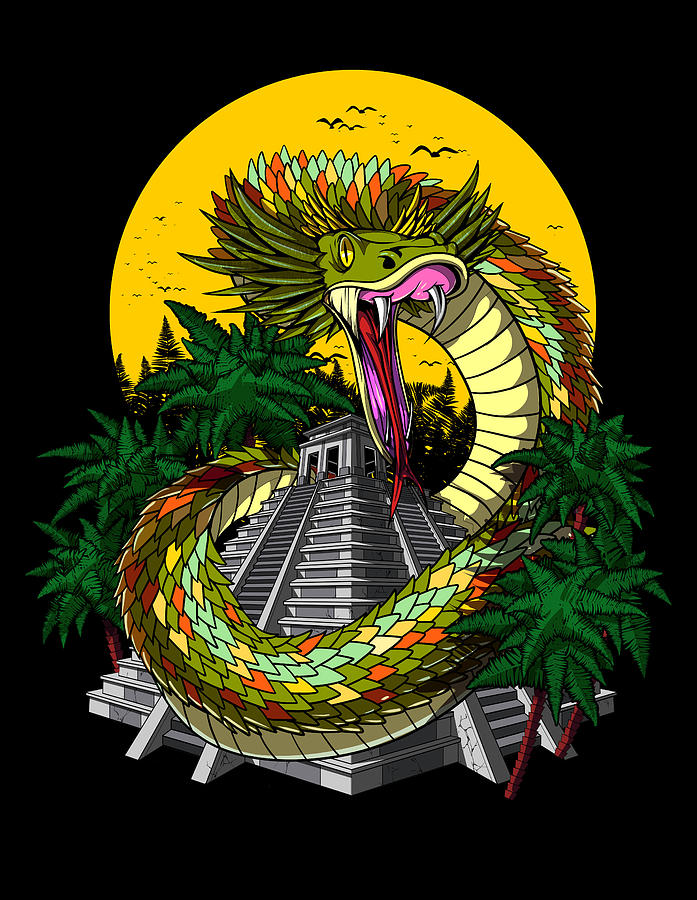
Quetzalcoatl Aztec God Drawing

Aztec Serpent Head by Pick1 on DeviantArt
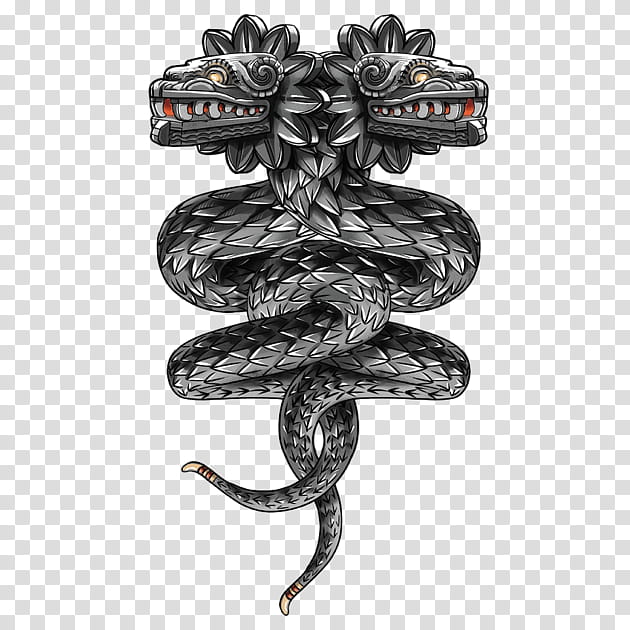
Quetzalcoatl Drawing
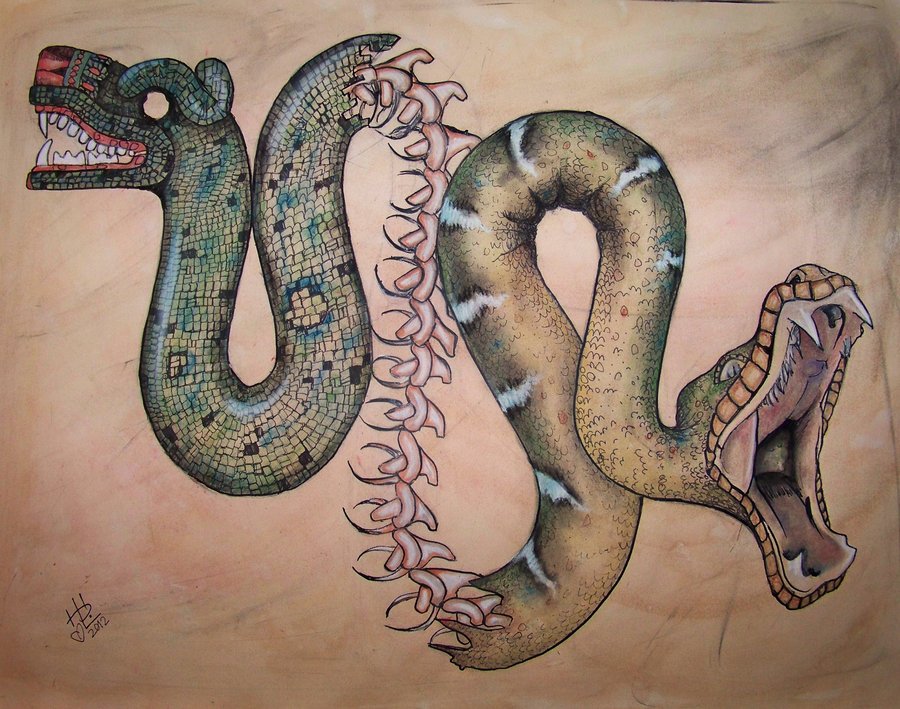
Aztec Serpent Drawing at GetDrawings Free download
The Sculpture Is At The British Museum.
The Same Resin Mixture Coats The Interior Surface Of The Mask.
Web Quetzalcóatl, (From Nahuatl Quetzalli, “Tail Feather Of The Quetzal Bird [Pharomachrus Mocinno],” And Coatl, “Snake”), The Feathered Serpent, One Of The Major Deities Of The Ancient Mexican Pantheon.
Web In Aztec Culture, Depictions Of Quetzalcoatl Were Fully Anthropomorphic.
Related Post: